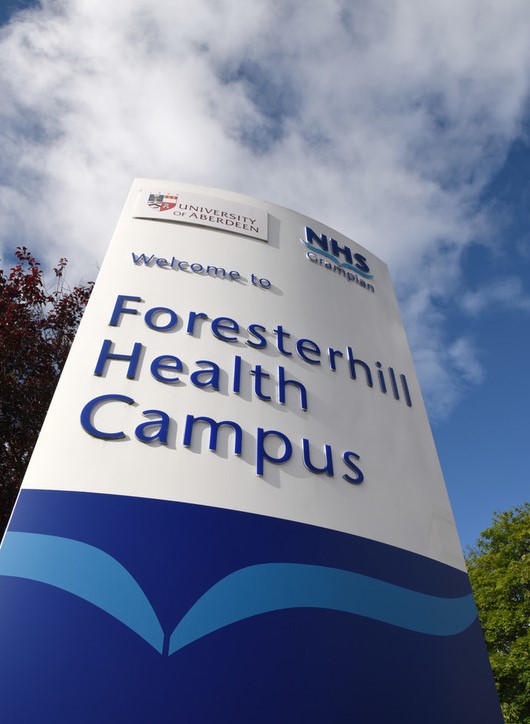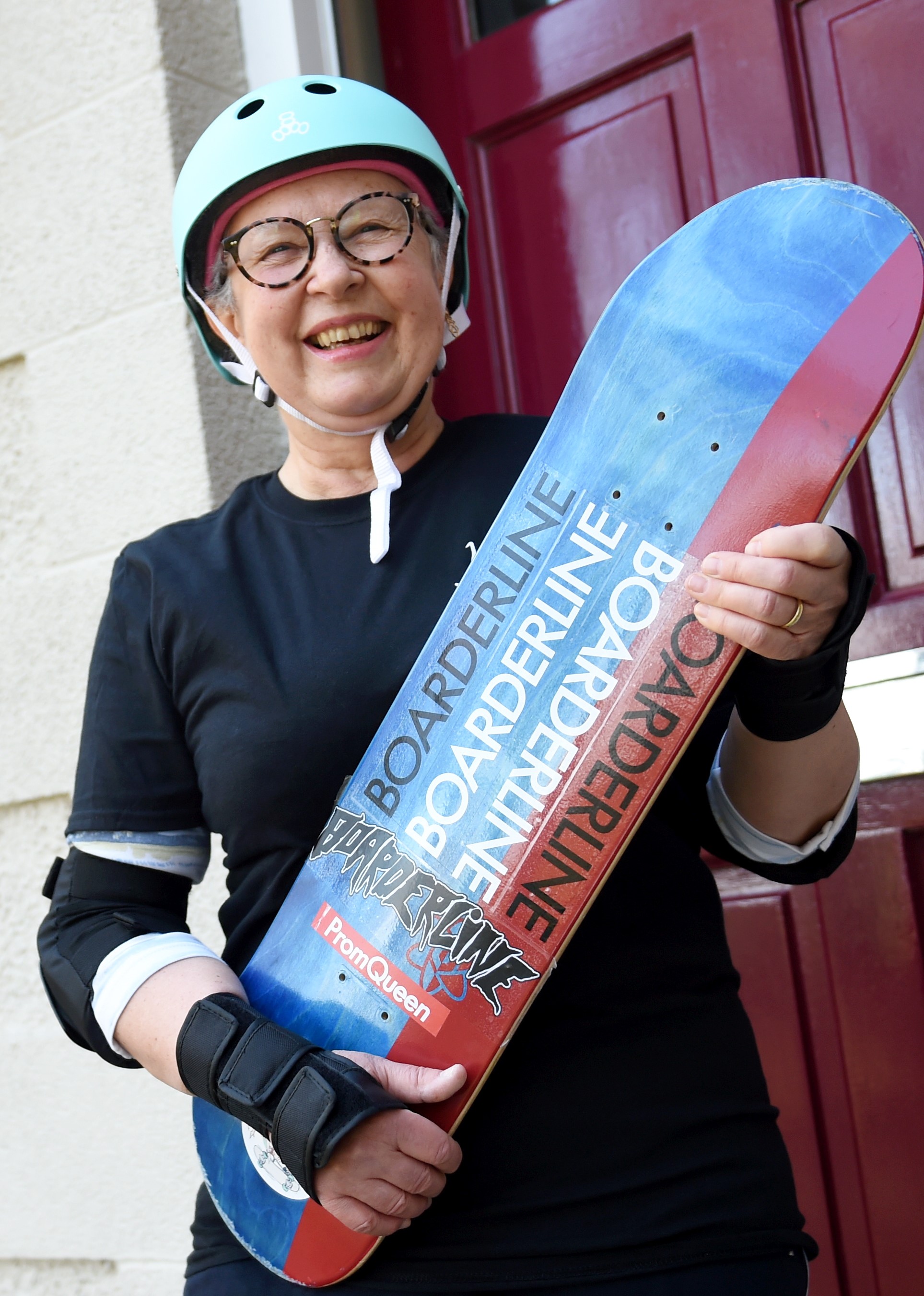Breast cancer is an area we are dedicating considerable resources to, and we have been able to expand our team further. Recent work has included research into the incidence of male breast cancer in Scotland over a 25-year period and the development of better lab models.
Recruitment will continue in 2021 and we are excited about a new clinical Professor post which will be filled this year. Their clinical work will complement the work of the laboratory researchers led by Professor Valerie Speirs to enhance our ‘bench to bedside’ approach.
Covid-19 has inevitably had a significant impact, with lab closures and working from home. However, our researchers adapted efficiently and effectively to these new circumstances, focusing on data analysis and finalising a number of studies for publication.
This included a paper on the commonly used therapy for breast cancer, tamoxifen. While around two thirds of patients respond well to this treatment initially, most eventually stop responding after a period of time and we have been researching why this is. Our data now has the potential to help develop combined therapies that may overcome this resistance to tamoxifen.
Collaborations with partners and researchers around the world have continued and the study enabled the Aberdeen team to work with one of the world’s pre-eminent experts in breast cancer research and treatment, Professor V Craig Jordan OBE. His work during the 1970s discovered tamoxifen as a treatment for breast cancer and his knowledge in this area has been invaluable.
Newly enhanced data skills, acquired while working from home, have identified many potential new areas of research to follow up in the labs. Since July, when our researchers were able to return to lab work, they been able to research and develop these ideas further.
 We are very grateful to have had the continued support of so many of our donors, including Friends of ANCHOR. They have recently generously funded seven pilot research projects covering different types of cancer and related health consequences:
We are very grateful to have had the continued support of so many of our donors, including Friends of ANCHOR. They have recently generously funded seven pilot research projects covering different types of cancer and related health consequences:
- Studying a new way to treat neutropenic sepsis, a potentially fatal condition developed by some patients undergoing chemotherapy;
- Examining the biological makeup of leukaemia and lymphoma cells to help develop new treatments;
- Investigating cellular proteins found in bowel cancer patients and how they can be more effectively targeted and treated;
- Determining when lung cancer patients’ tumours become resistant to growth-suppressant drugs, to help inform and progress the patients’ ongoing treatment needs;
- Identifying and characterising healthy cells which co-exist with breast cancer cells, but which can prevent some types of treatments from working;
- Studying the biological make-up of pre-cancerous lesions and cancerous tissues in the mouth to facilitate earlier detection and prevention of oral cancer;
- Using MRI scanning to detect pre-cancerous clues, such as changes in breast tissues, earlier to further develop breast cancer screening and prevention.
|
|
Thank you all for your wonderful support!
Aberdeen Cancer Research Team


 In partnership with NHS Grampian and NHS Tayside, our research into gastro-oesophageal cancer continues thanks to our many GASTROCAN supporters.
In partnership with NHS Grampian and NHS Tayside, our research into gastro-oesophageal cancer continues thanks to our many GASTROCAN supporters.  Finally, we would like to celebrate the fundraising efforts of Elaine Shallcross, who sadly passed away in June 2020. Elaine started fundraising for breast cancer research following her own diagnosis and after hearing about the research being done by Professor Valerie Speirs and her team.
Finally, we would like to celebrate the fundraising efforts of Elaine Shallcross, who sadly passed away in June 2020. Elaine started fundraising for breast cancer research following her own diagnosis and after hearing about the research being done by Professor Valerie Speirs and her team.